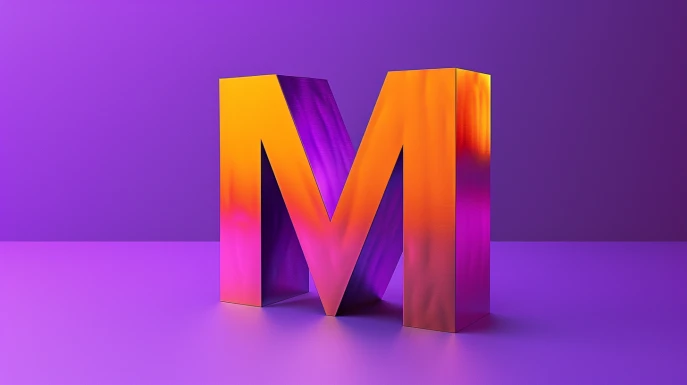Ongoing controversies continue with the AI juggernaut OpenAI. This raises a serious debate as to if the company should hit the pause button on development to align focus on safety concerns.

Daniel MacDougall
Should OpenAI Control AGI if They Can't Manage Themselves?
As the development of artificial general intelligence (AGI) progresses, the debate over who should control such a powerful technology intensifies. OpenAI, one of the leading organizations in AI research, finds itself at the center of this discussion.
Recent employee changes and public statements from former employees have raised questions about the company’s internal management, safety concerns over direction, and forcing verbal gags on former employees. If OpenAI struggles to manage its workforce, should it be entrusted with developing and controlling AGI?
The Case for OpenAI developing AGI
1. Expertise and Vision
OpenAI has established itself as a pioneer in the field of AI research. The company has stated that its mission is to ensure AGI benefits all of humanity. The depth of expertise within OpenAI is unparalleled. Proponents argue that OpenAI's deep understanding of AI technology makes it the best candidate to manage AGI.
3. Collaborative Approach
OpenAI has a history of collaborating with other institutions and sharing its research openly. This collaborative spirit is seen as a strength, allowing for broader oversight and input from the global AI community.
By maintaining open channels of communication, OpenAI can incorporate diverse perspectives into its AGI management strategy, enhancing the robustness of its approach.
The Case Against OpenAI’s Control of AGI
1. Employee Management Issues
Recent developments have cast a shadow over OpenAI’s internal management. Notably, there has been a wave of high-profile departures and public criticisms from former employees. These ex-employees have taken to social media to voice their concerns about the company’s work culture, leadership, and decision-making processes.
Daniel Kokotajlo left due to losing confidence that it would behave responsibly around the time of AGI.
Jan Leike, Head of Safety, departed after stating, "Building machines smarter than humans is an inherently dangerous endeavor."
He continued to state, that OpenAI cares more about products than safety.
2. Organizational Stability
The ability to manage AGI requires a stable and cohesive organization. Frequent changes in key personnel can indicate deeper issues within the company. If OpenAI cannot maintain stability within its ranks, critics argue it may struggle to manage the complexities and potential risks associated with AGI.
The recent restructuring and departures could undermine confidence in OpenAI’s ability to handle long-term projects like AGI development.
3. Accountability and Governance
Managing AGI goes beyond technical expertise; it involves robust governance and accountability mechanisms. Critics point out that OpenAI’s current governance structure may not be sufficient to oversee the ethical and societal implications of AGI. Effective governance requires transparency, stakeholder engagement, and the ability to address conflicts of interest, areas where OpenAI may need to improve.
Foundational Perspectives
Former employees and founders have provided valuable insights into the internal workings of OpenAI. While some praise the organization’s mission and the talent within the team, others highlight significant issues.
A common theme among critics is the lack of clear communication from leadership and internal struggles over direction and perspectives.
For example, the departure of Dario Amodei, who left OpenAI to co-found Anthropic, cited concerns about the strategic direction and decision-making processes at OpenAI, and the departure of Ilya Sutskever, two of OpenAI co-founders no longer with the OpenAI team, raising another red flag. If you help build something, why would you leave?
Balancing Expertise and Management
The debate over OpenAI’s suitability to control AGI hinges on balancing its technical expertise with organizational capabilities. On one hand, OpenAI’s contributions to AI research are undeniable. The organization has made significant strides in developing advanced AI models and addressing ethical considerations.
However, the internal challenges cannot be overlooked. Effective management, transparent governance, and a stable workforce are essential for the responsible development and deployment of AGI.
Conclusion
The question of whether OpenAI should control AGI if it struggles within house is complex. Supporters argue that OpenAI’s expertise, ethical commitment, and collaborative approach make it a suitable candidate for AGI stewardship.
Critics, however, highlight the importance of organizational stability, effective governance, and accountability.
Ultimately, the answer may lie in OpenAI’s ability to address its internal challenges while maintaining its leadership in AI research. Strengthening its management practices, enhancing transparency, and fostering a supportive work environment could reinforce OpenAI’s position as a responsible steward of AGI.
As the development of AGI progresses, it is crucial to ensure that those in control are equipped not only with technical expertise but also with the organizational capabilities to manage such transformative technology responsibly.


